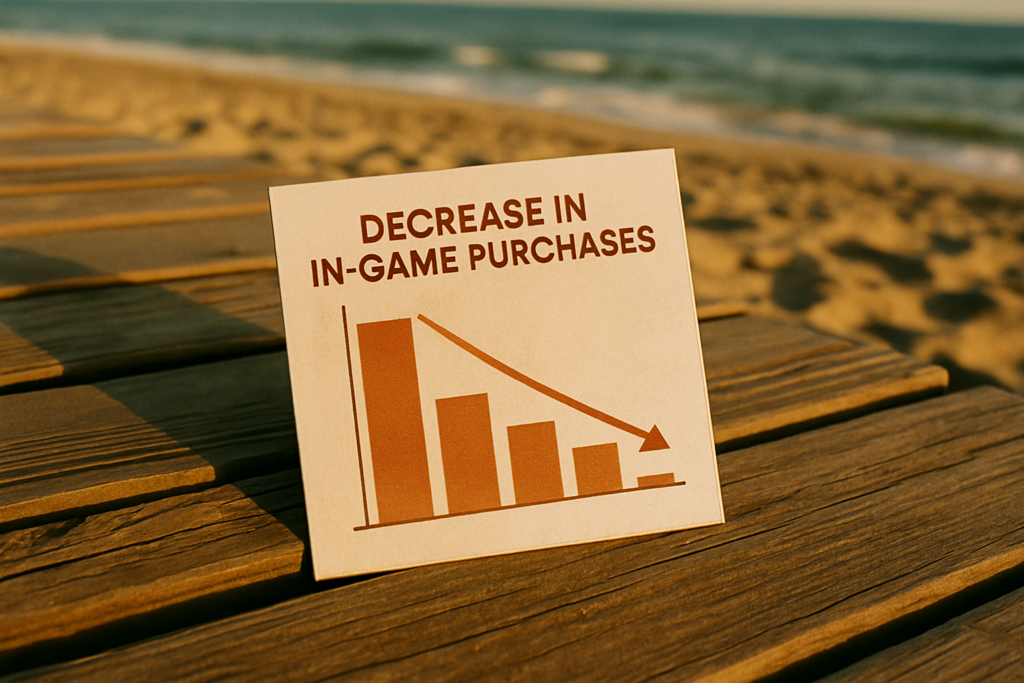As someone deeply immersed in the world of gaming, I’ve witnessed firsthand the evolving landscape of legal challenges that the industry faces. From issues surrounding intellectual property rights to concerns over loot boxes and in-game purchases, the legal framework governing gaming continues to be a complex and dynamic space. In this article, I’ll delve into the intricate web of legalities that impact game developers, publishers, and players alike.
Navigating the legal landscape of the gaming industry requires a keen understanding of regulations, copyright laws, and emerging trends. As games become more immersive and interconnected, the legal challenges they present become increasingly intricate. Join me as I uncover the key legal hurdles that shape the gaming industry and explore how stakeholders are adapting to stay compliant and innovative in this ever-changing environment.
With a passion for gaming and a legal background, I’m excited to shed light on the legal intricacies that define the gaming industry today. Let’s embark on a journey through the legal challenges that influence how we play, create, and experience games in the digital age.
Overview of Legal Challenges in the Gaming Industry
In the fast-paced world of gaming, legal challenges are a constant concern for stakeholders. Understanding the intricate web of regulations and compliance issues is crucial in this dynamic landscape.
Intellectual Property Issues
In the gaming industry, intellectual property (IP) is a hot topic. From protecting game concepts and characters to dealing with copyright infringements, IP issues can make or break a game developer. It’s essential to stay vigilant and proactive in safeguarding the creative assets that drive the industry forward.
Regulation and Compliance Difficulties
Navigating the labyrinth of gaming regulations and compliance standards can be a daunting task. From age restrictions on certain content to the legality of in-game purchases, staying on the right side of the law is vital for industry players. Adhering to evolving regulations ensures long-term success and fosters trust among players and regulators alike.
Impact of Legislation on Game Development

When considering the impact of legislation on game development, it’s crucial to recognize the profound influence that legal frameworks have on shaping the gaming industry. Let’s delve into specific areas where legislation significantly affects game development.
Changes in User Privacy Laws
I navigate the shifting terrain of user privacy laws by prioritizing compliance with data protection regulations. Ensuring that player data is handled securely and transparently not only fosters trust but also mitigates the risks associated with privacy breaches. By proactively adapting to evolving privacy laws, I uphold player confidentiality while fostering a sustainable gaming environment.
Implications of Copyright Laws
I safeguard the integrity of game development by adhering to stringent copyright laws that protect intellectual property. Respecting the rights of content creators and diligently securing necessary permissions are paramount in avoiding legal disputes. By comprehensively understanding copyright implications, I uphold the originality of game concepts and characters, fostering creativity within legal boundaries.
Case Studies of Legal Disputes in Gaming
In my exploration of the legal landscape impacting the gaming industry, I’ve come across insightful case studies that shed light on the complex legal disputes faced by game developers and publishers. Let’s delve into a couple of notable examples to understand the challenges and consequences they entail.
Notable Lawsuits
- Bethesda Softworks LLC vs. Behaviour Interactive Inc.
- Epic Games vs. Apple Inc.
- Bethesda Softworks LLC vs. Behaviour Interactive Inc.
- Bethesda Softworks, known for popular games like “The Elder Scrolls” and “Fallout,” filed a lawsuit against Behaviour Interactive, alleging that the latter stole copyrighted code to develop a similar game, “Westworld.” The case was settled out of court, with undisclosed terms. This dispute highlighted the importance of protecting intellectual property rights in game development.
- Epic Games vs. Apple Inc.
- Epic Games, the creator of “Fortnite,” engaged in a legal battle with tech giant Apple over App Store policies and fees. The dispute erupted when Epic Games implemented direct payment options in violation of Apple’s in-app purchase rules, leading to the removal of “Fortnite” from the App Store. The subsequent lawsuit and eventual settlement showcased the implications of challenging app store regulations and their financial repercussions for game developers.
By examining these case studies, one can grasp the intricate legal web that surrounds the gaming industry, emphasizing the need for stakeholders to stay abreast of legal requirements and protect their interests in an ever-evolving digital landscape.
Strategies for Compliance and Risk Management
Navigating the legal landscape in the gaming industry requires strategic compliance measures and effective risk management strategies to mitigate potential challenges. As a game developer or publisher, staying abreast of regulatory requirements and proactively addressing risks is crucial for long-term success.
Best Practices for Game Developers
As a game developer, it’s essential to prioritize compliance with intellectual property laws, data protection regulations, and licensing requirements. Implementing robust user privacy policies and securing necessary licenses for game content are critical steps in ensuring legal compliance. Regular monitoring of legal developments and seeking legal counsel when needed can help developers avoid regulatory pitfalls and safeguard their creations.
Impact of Emerging Technologies
The gaming industry is constantly influenced by the emergence of new technologies like virtual reality (VR), augmented reality (AR), and blockchain. These technologies present both opportunities and challenges from a legal perspective. Game developers must navigate issues related to data privacy in VR/AR experiences, potential copyright disputes in blockchain-based games, and compliance with evolving regulations governing emerging technologies. Adapting to these technological advancements while adhering to legal requirements is key to thriving in the dynamic landscape of the gaming industry.



